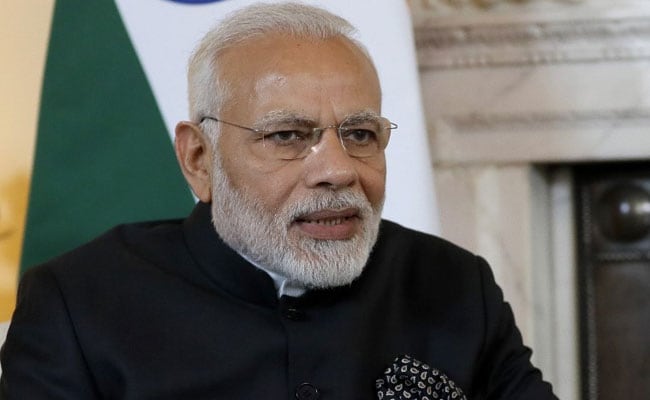
The centre on Saturday responded to the barrage of attacks over the government's inability to curb sexual crimes against girls with an executive order to introduce death penalty for child rapists, longer jail term for all rapists and set an ambitious four-month deadline to complete investigation and trial in all rape cases. The changes were cleared by the government on Saturday at a Cabinet meeting chaired by Prime Minister Narendra Modi amid nationwide anger triggered by gory details of the gang rape and murder of an eight-year-old girl in Jammu and Kashmir's Kathua.
Here are the 10 points on this story:
The changes, which will become law once cleared by the President, raises the minimum punishment for rape from 7 years to 10 years, extendable to life imprisonment.
The minimum punishment for rape of a girl under 16 has been doubled to 20 years. Also, the judge has been given a free hand to order that the convict can never step out of jail for the rest of his life.
For girls under 12, the executive order gives the judge the option to send the convict to jail for the rest of his life or send him to the gallows. Experts said this would, however, be subject to the Supreme Court's ruling that a convict be sent to the gallows only in the "rarest of rare" case.
In its new form, the law will also set a 2-month deadline for investigating a rape case and another two months, to the court to complete the trials. The appeals process cannot take more than six months.
The law also bars courts from granting anticipatory bail to suspects in rape case and requires judges to give public prosecutors 15 days before any bail application is heard.
The government also spoke about setting up new fast track courts, creating new posts of public prosecutors and have dedicated police personnel to probe rape cases. It is not clear if it is going to fund this expansion of infrastructure or only give states a to-do list.
Experts say harsher punishments are unlikely to make a difference unless governments fix the criminal justice system and ensure the culprits are caught and convicted. Rekha Sharma, the National Commission for Women chief, said she welcomed the death penalty and longer prison terms "but the main challenge is the implementation of the law", according to ANI.
According to national crime statistics, an average of four women report rape every hour across the country. Of the 36,000 women who filed police complaints, there were 462 girls below the age of 6, 1,596 between 6 and 12 years old and 6,091 more were in the 12-16 age-group.
The outrage over rapes of children was triggered by two incidents in Kathua and Uttar Pradesh's Unnao where leaders of the ruling BJP were seen to have tried to supported or shielded the accused. The grisly details of the crime and the horror inflicted on the eight-year-old child in Kathua also dramatically shifted the narrative.
In Uttar Pradesh, the Yogi Adityanath government refused to arrest BJP lawmaker Kuldeep Singh Sengar accused of raping a minor girl last year, forcing the Allahabad High Court to step in. The high court said a "disturbing feature" of this case is that the law and order machinery and officials "were directly in league and under the influence of Kuldeep Singh".

